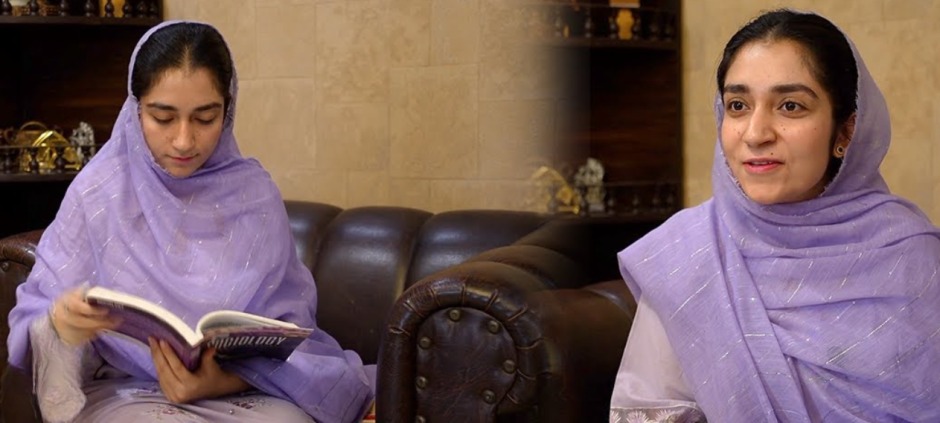Kashish Chaudhary, a 25-year-old woman from Pakistan’s Hindu minority, has broken new ground by becoming the first female Assistant Commissioner from her community in Balochistan. Her appointment marks a significant milestone in a region where minority representation in government roles has been limited.
Historic Achievement Through Hard Work
Kashish earned this prestigious position after successfully clearing the Balochistan Public Service Commission (BPSC) exam. She hails from Noshki, a remote town in the Chagai district of Balochistan. Her accomplishment is celebrated as a beacon of hope and progress for women and minority communities in the province.
Meeting with Chief Minister and Future Goals
On Monday, Kashish and her father, Girdhari Lal, met Balochistan Chief Minister Sarfaraz Bugti in Quetta. During the meeting, Kashish expressed her dedication to advancing women’s rights, supporting minority groups, and contributing to the overall development of Balochistan.
Her father shared his pride in Kashish’s achievement, highlighting her commitment and determination to make a positive impact on society.

Discipline and Determination Behind Success
Kashish revealed that her preparation for the BPSC exam took three years, involving at least eight hours of study each day. She credited discipline, hard work, and a strong desire to serve the community as the driving forces behind her success.
Rising Representation of Hindu Women in Pakistan
Kashish’s success is part of a growing trend of Hindu women in Pakistan breaking barriers in traditionally male-dominated fields. Notable examples include Manisha Ropeta, the first Hindu woman Superintendent of Police in Karachi, and Pushpa Kumari Kohli, a sub-inspector in the city’s police force.
Civil judge Suman Pawan Bodani is another Hindu woman who has made a mark in Pakistan’s judicial system, serving in Sindh province.
Community Support and Challenges
Sindh politician Ramesh Kumar Vankwani acknowledged the increasing support families provide for young Hindu women pursuing education and professional careers. He noted that Hindu women in Sindh have succeeded as doctors, civil servants, and police officers, among other roles.
However, challenges such as abductions and forced conversions of Hindu girls remain a concern. Vankwani emphasized that improving education opportunities could help address these issues.
Demographics of Pakistan’s Hindu Minority
Hindus constitute the largest minority group in Pakistan, with official figures estimating their population at around 7.5 million. Community estimates suggest the number may exceed 9 million, with most residing in Sindh province.
